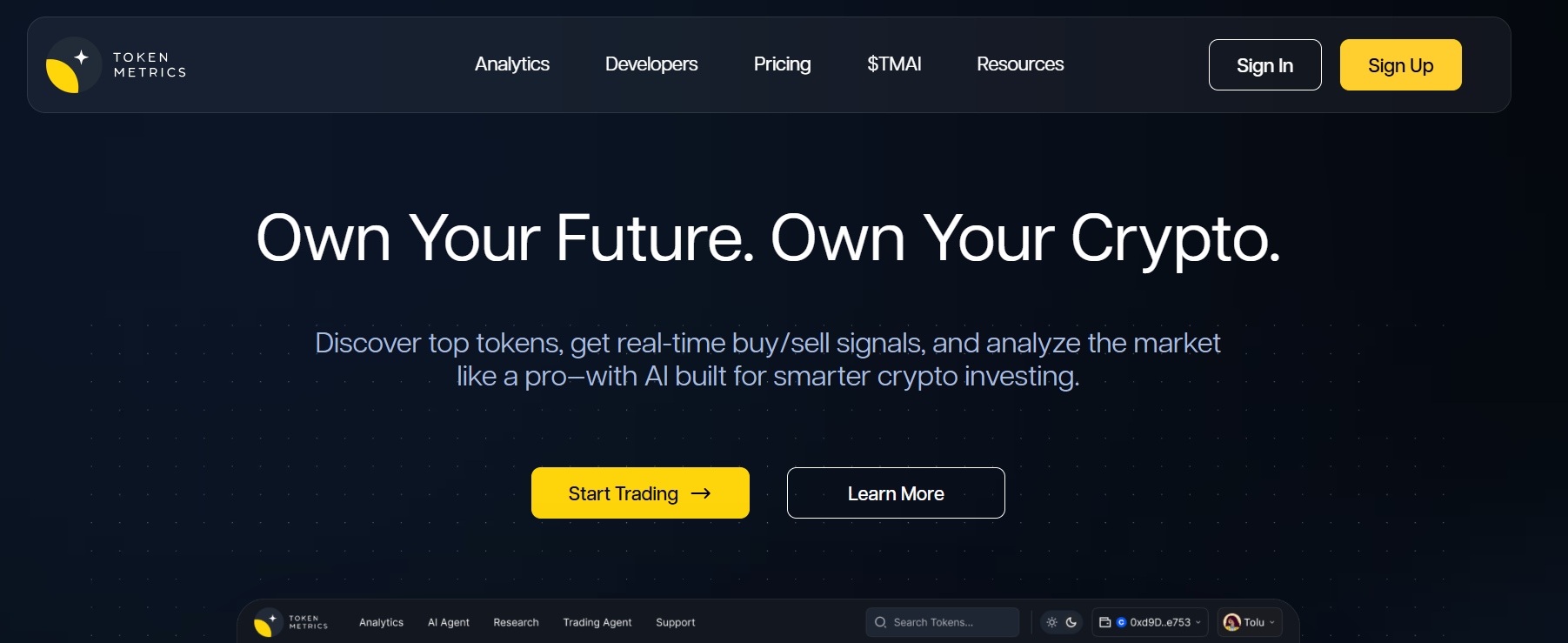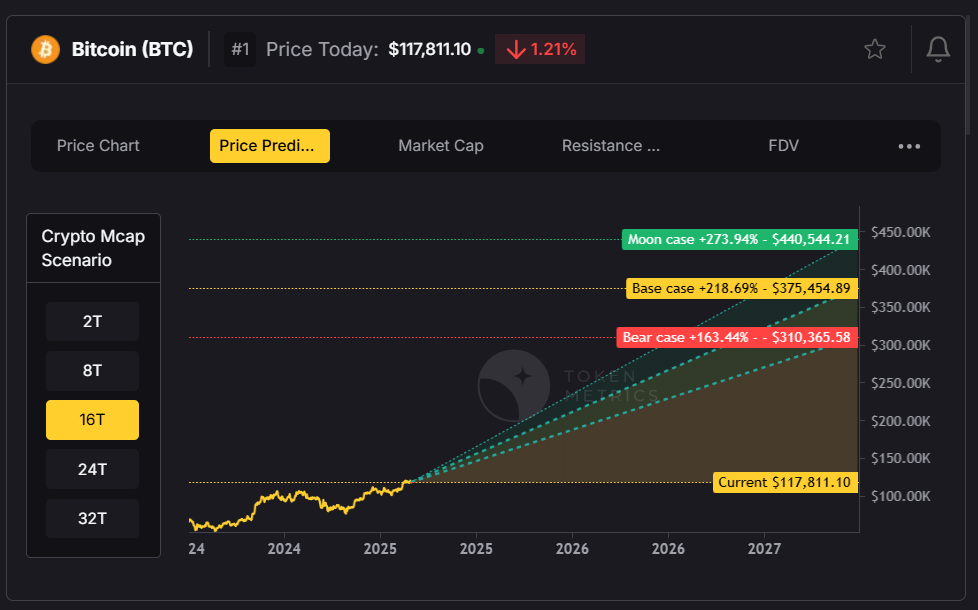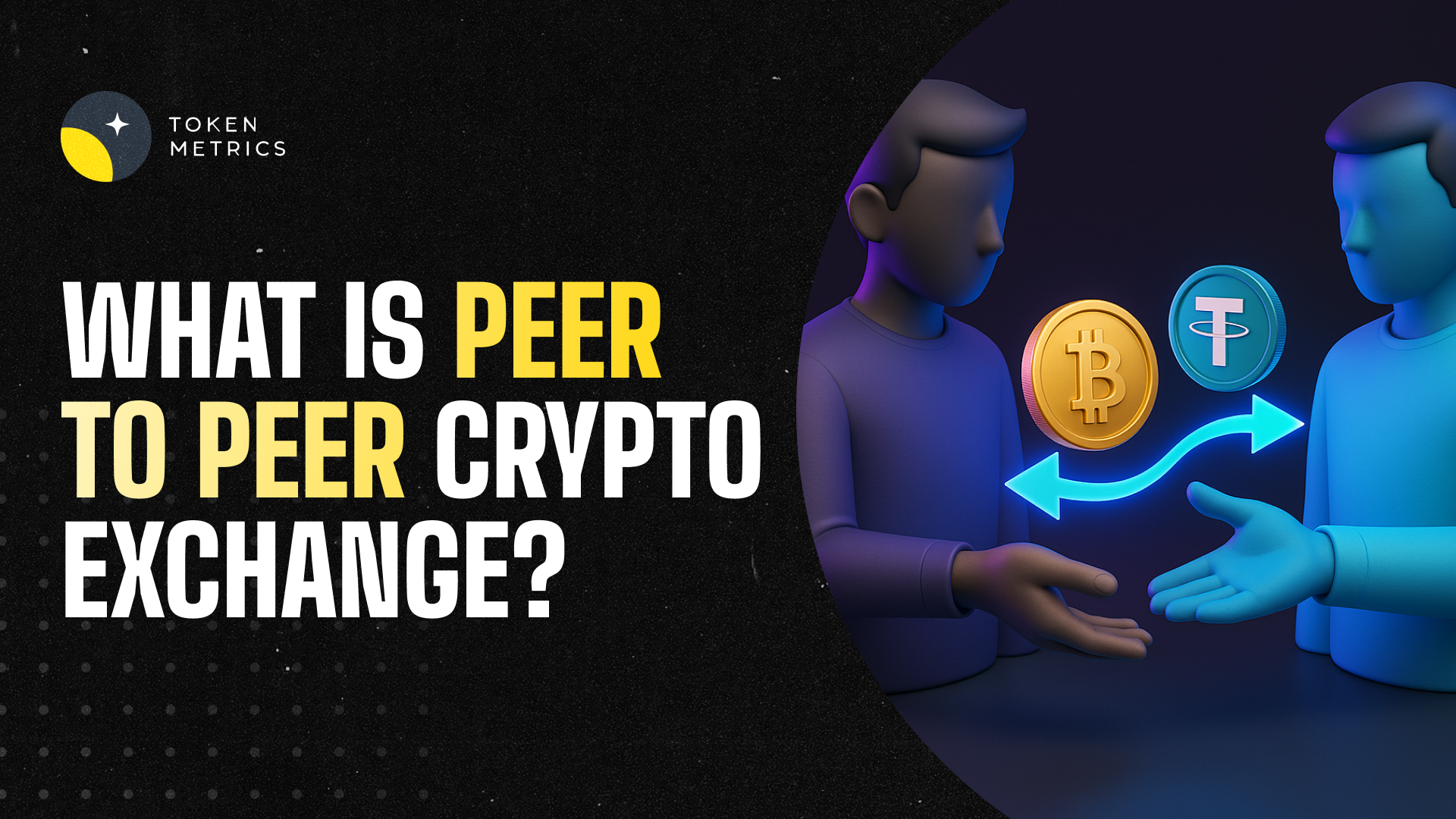
7 Best Bitcoin Mining Software in 2023

In the world of cryptocurrency, Bitcoin stands tall as the pioneer and most prominent digital currency. As the value and popularity of Bitcoin continue to soar, the interest in Bitcoin mining also grows exponentially.
Bitcoin mining is the process through which new Bitcoins are created and transactions are verified on the blockchain network. To engage in this profitable activity, individuals and organizations require reliable and efficient Bitcoin mining software.
However, with numerous options available, it can be challenging to choose the right software that suits your mining needs. In this article, we will explore a few best Bitcoin mining software in 2023 and provide insights into selecting the most suitable option for you.
Before diving into the best Bitcoin mining software options in 2023, let's first understand what Bitcoin mining software is.
What is Bitcoin Mining Software?
Bitcoin mining software is a crucial component of the mining process as it allows miners to connect their hardware to the Bitcoin network and participate in mining activities.
Bitcoin mining software acts as a bridge between the mining hardware and the blockchain network.
It helps miners perform tasks such as managing mining hardware, monitoring mining operations, and interacting with the Bitcoin network.
The software enables miners to control important parameters, such as hash rate, power consumption, and mining pool preferences.
How to Pick the Best Bitcoin Mining Software?
When selecting the best Bitcoin mining software for your needs, several factors should be taken into consideration. Let's explore these factors to ensure you make an informed decision:
Compatibility: Ensure that the mining software is compatible with your mining hardware and operating system. Different software options may have varying compatibility requirements.
Ease of Use: Look for user-friendly software with a simple interface and intuitive navigation. This will make the mining process smoother, especially for beginners.
Features and Functionality: Consider the features offered by the software, such as mining pool integration, temperature monitoring, fan speed control, and profitability calculators. Choose software that aligns with your specific requirements.
Performance: Evaluate the performance of the software in terms of efficiency, stability, and hash rate optimization. Reliable and high-performance software can significantly impact your mining results.
Security: Prioritize software that prioritizes the security of your mining operations. Look for features such as encryption, two-factor authentication, and regular updates to protect your mining rewards and personal information.
Community and Support: Consider the reputation and community support surrounding the software. Active development, regular updates, and a helpful community can ensure a smoother mining experience and quick troubleshooting if needed.
By considering these factors, you can narrow down your options and choose the best Bitcoin mining software for your mining journey.
List of Best Bitcoin Mining Softwares
Now, let's explore the top 7 Bitcoin mining software options in 2023. Each software has its unique features and benefits, so make sure to evaluate them based on your specific requirements and preferences.
CGMiner
Best for Experienced Miners
CGMiner is a highly praised Open-source mining software used by cryptocurrency miners worldwide. It offers a comprehensive range of tools to maximize efficiency and optimize performance.
Whether you are using Windows, macOS, or Linux, CGMiner provides a seamless mining experience across various platforms.
CGMiner supports a vast array of mining algorithms, making it suitable for mining different cryptocurrencies. From Bitcoin (SHA-256) to Litecoin (Scrypt) and many others in between, CGMiner can efficiently handle a diverse range of mining operations.
The software offers real-time monitoring of hashrate and temperature, troubleshooting and diagnostic capabilities, and remote access and control for convenient management of mining operations.
BFGMiner
Best for Customization
BFGMiner is an open-source Bitcoin mining software that allows users to harness the full potential of their mining hardware.
It is designed to work with a variety of mining devices, including ASICs, FPGAs, and even GPUs. By utilizing BFGMiner, miners can optimize their mining operations, increase efficiency, and maximize profitability.
Whether you have a high-end ASIC miner or a modest FPGA setup, BFGMiner can efficiently utilize the capabilities of your devices. Also BFGMiner supports multiple mining algorithms, including SHA-256, Scrypt, X11, and more.
With BFGMiner, miners have access to advanced dynamic clocking, monitoring and control features. The software provides real-time statistics on mining performance, such as hash rate, temperature, and fan speed.
MultiMiner
Best Open-source Software
MultiMiner is a powerful, open source and user-friendly mining software that allows users to mine various cryptocurrencies efficiently.
It is designed to simplify the process of setting up and managing mining operations, making it accessible to both beginners and experienced miners.
MultiMiner provides some very useful features such as, Automated device detection, Custom mining strategies, Remote monitoring and Integration with other mining software.
Benefits of using Multiminer includes Simplified setup, Enhanced mining performance, User-friendly interface, Flexibility, Easy customization and much more.
Kryptex Miner
Best for Automation
Kryptex Miner is a user-friendly and versatile mining software designed to harness the computational power of your computer to mine cryptocurrencies. It supports a wide range of popular cryptocurrencies, including Bitcoin, Ethereum, Monero, and more.
Kryptex Miner streamlines the mining process by automatically selecting the most profitable cryptocurrency to mine, taking current market conditions into account.
The software provides real-time monitoring of mining activities, offering valuable insights such as hash rate, temperature, power consumption, and earnings.
It also includes a built-in profitability calculator to estimate potential earnings based on hardware specifications and electricity costs.
Kryptex Miner optimizes hardware performance through smart overclocking, ensuring maximum efficiency and profitability. Additionally, the software offers flexible withdrawal options, allowing users to convert earnings into different cryptocurrencies or fiat currencies.
Ecos Cloud Mining
Best Cloud-based Platform
Ecos presents itself as a cutting-edge cloud mining platform for cryptocurrencies, specifically designed to facilitate the acquisition of cloud mining contracts and the rental of powerful equipment dedicated to Bitcoin mining.
By eliminating the need for hardware or utility prerequisites, Ecos takes care of managing these aspects for you. To assist in estimating your potential earnings, the platform incorporates a built-in profitability calculator.
When using Ecos, you are given the opportunity to select a Bitcoin price prediction for the future, determine the duration of your contract, and specify the amount you wish to allocate towards processing power.
These details collectively contribute to providing an estimated profit percentage through the platform. Once you have made your decision, you can acquire your contract by paying an upfront fee, which will initiate the mining process.
One of the notable features offered by Ecos is the provision of daily payouts directly into your Bitcoin wallet.
Awesome Miner
Best for Centralized Management
Awesome Miner empowers you with centralized control over your cryptocurrency mining farm or mining pool. With seamless integration of more than 50 mining engines and compatibility with the most popular algorithms, this software stands as a dominant force in the field.
Designed specifically for large-scale crypto miners, Awesome Miner boasts support for multiple cryptocurrencies and offers a meticulously crafted user interface that consolidates all your mining hardware activities into a single, convenient location.
Not only does it provide remote accessibility from nearly any device, but it also equips you with a range of remarkable features such as, Effortlessly switching between mining algorithms, Activating mining pools of your preference, automatically mine the most lucrative coins and many more.
With its wide-ranging compatibility, Awesome Miner caters to various hardware configurations, including FPGA, ASIC, GPU, and CPU.
It is available for both Windows and Linux devices, while Mac OS compatibility is not currently supported. Nonetheless, you can conveniently access the Awesome Miner dashboard from any web browser, including Safari.
EasyMiner
Best for Fast Setup
The EasyMiner interface offers visual illustrations of your cryptocurrency mining operations, facilitating effortless transitions between mining pools, adjustment of network configurations, and monitoring of your crypto wallets.
Moreover, it boasts exceptional security measures. EasyMiner ensures the confidentiality of your mining activities and safeguards your earned Bitcoins against theft.
Once you have installed the software, it promptly initiates the process of mining digital currency on your behalf.
However, it is important to note that this program primarily caters to individuals with less robust central processing units (CPU) and GPU mining capacities.
Must Read - 8 Best Crypto Wallets for Investors in 2023
Frequently Asked Questions
Q1. Is Bitcoin mining still profitable in 2023?
Yes, Bitcoin mining can still be profitable in 2023, but several factors influence profitability, such as the cost of electricity, mining hardware efficiency, and the price of Bitcoin.
It's essential to consider these factors and calculate the potential profitability before starting your mining operations.
Q2. Do I need specialized hardware for Bitcoin mining?
You can mine Bitcoin using your computer or laptop without needing specialized ASIC devices. Platforms like NiceHash allow you to do this.
However, the earnings from computer mining are negligible, and can potentially damage your computer without providing significant profits. Therefore, it’s not worth it.
Q3. Can I mine Bitcoin on my smartphone?
Mining Bitcoin on smartphones is not practical or profitable. Bitcoin mining requires significant computational power, which smartphones cannot provide.
Additionally, mining on smartphones can cause overheating and drain the battery quickly. It is more feasible to mine Bitcoin using dedicated mining hardware.
Q4. Which operating systems are compatible with Bitcoin mining software?
Bitcoin mining software is compatible with various operating systems, including Windows, macOS, and Linux.
Most mining software providers offer versions for these popular operating systems, ensuring compatibility regardless of your preferred system.
Q5. How do I choose the right mining pool for Bitcoin mining?
Choosing the right mining pool is crucial for maximizing your mining rewards. Consider factors such as pool fees, mining pool size, payout frequency, and reputation.
Look for well-established and trustworthy mining pools that offer a fair distribution of rewards and have a robust infrastructure.
Q6. Are there any risks involved in Bitcoin mining?
Yes, there are risks involved in Bitcoin mining. These risks include the volatility of Bitcoin prices, hardware malfunctions, power outages, and the increasing difficulty of mining.
It's important to assess these risks and have contingency plans in place to mitigate potential losses.
Conclusion
There is a wide range of Bitcoin mining options available to users with varying levels of skill and knowledge, offering the potential for profitability. By utilizing cloud mining services or suitable Bitcoin mining software, one can easily start BTC mining.
It is crucial to consider factors such as compatibility with your mining hardware, ease of use, support for multiple algorithms, and the ability to monitor operations remotely when selecting the most suitable Bitcoin mining software for your specific requirements.
With the right software, you can optimize your mining operations, maximize your profitability, and contribute to the robustness and security of the Bitcoin network.
Disclaimer
The information provided on this website does not constitute investment advice, financial advice, trading advice, or any other sort of advice and you should not treat any of the website's content as such.
Token Metrics does not recommend that any cryptocurrency should be bought, sold, or held by you. Do conduct your own due diligence and consult your financial advisor before making any investment decisions.

.svg)

Create Your Free Token Metrics Account

.png)




%201.svg)
%201.svg)


%201.svg)
















.svg)




.png)